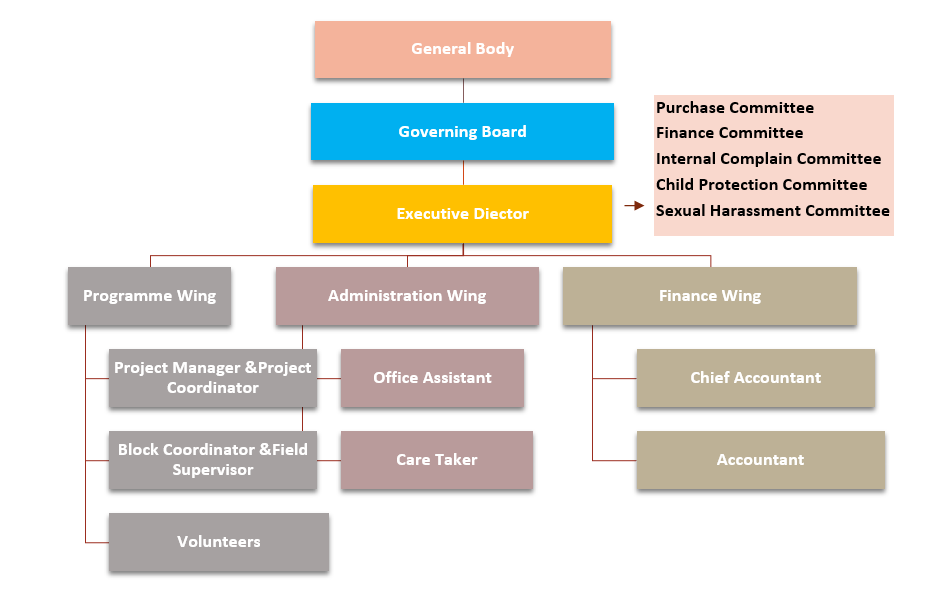Vision
Creation of adjust and vibrant self-government society, where people of all communities live with dignity in peace and harmony.
Mission
To make the society free from exploitation and discrimination by empowering people belonging to the tribal communities and underprivileged section of the society, especially children, adolescents, and women by ensuring their rights and promoting inclusive development.
1986: Chandrashekhar, the founder member of VEDIC Society, joined Auranga Baandh Virodhi Jan Sangharsh Samiti, a movement in Palamu
1990: Formation of VEDIC Society
1991: Registration of the society with its office in Rankikhurd (Palamu)
1991: Invitation from Sahbhagi Shikshan Kendra to participate in training programme.
1995: The society obtained a fellowship of Management in Development (MIND)
1995: Office of the organisation shifted to Tumbagara (Palamu)
1997: Got the programme supported by International Labour Organisation and Churches Auxiliary for Social Action which got completed in April 2003
2001: Office-cum-training centre was constructed at Latehar with the support of International Labour Organisation
2006: Affiliation with CCF Ind
President
Mr. Chandrapati Yadav

Mr. Chandrapati Yadav is the founder Secretary of Lohardaga Gram Swarajya Sansthan (LGSS). Under his able leadership the society has carved a special niche in the development sector in the region and promotes the development ethos of the community.
Vice-President
Mrs. Lourencia Panna
She is retired Principal with more than 40 years experience in education. and deep knowledge of the social work.
Secretary
Mr. Chandrashekhar Singh
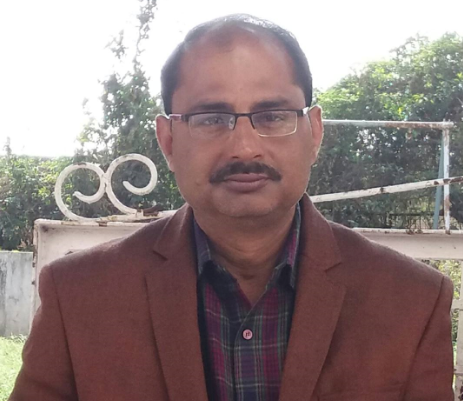
Mr. Chandrasekhar Singh is the founder member and Secretary of VEDIC Society and a devoted social worker. Mr. Chandrasekhar has a long experience of working at the grassroots in Palamu and Latehar districts of Jharkhand. He is known for conducting participatory training for development at grassroot workers. He has a proven track record as an efficient community mobilizer as well as personal manager. During his work in the sector, he has successfully built rapport with local administration and government personnel. He has taken active interest in promoting knowledge and skills in youths and social activists at the grassroot level on social developmental issues in Jharkhand.
Treasurer
Mr. Nagendra Kumar Singh
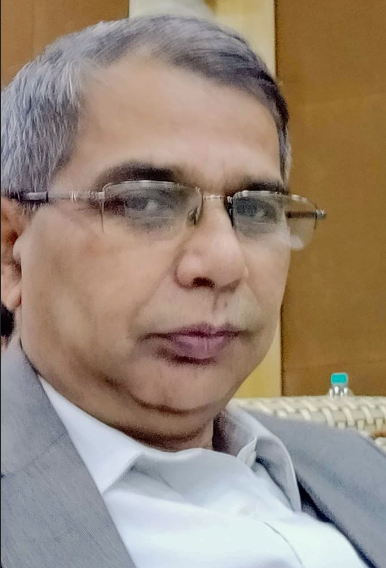
Mr. Nagendra Kumar Singh is a development professional with more than 25 years of experience in rural development. At present, he is associated with JSLPS, Jharkhand as State Programme Manager, HR as consultant
Member
Mrs. Shanti Devi
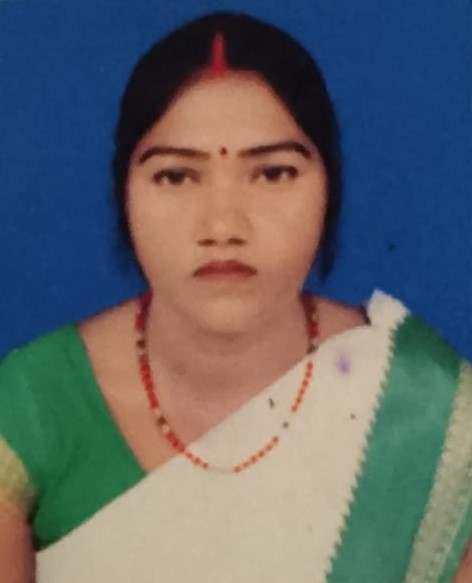
10 year experience in women-related issues and working for their empowerment and rights.
Member
Mrs. Kunti Sahoo
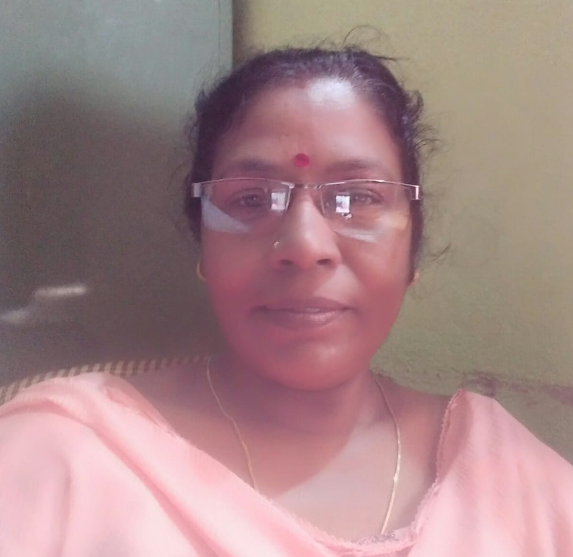
Mrs. Kunti Sahoo has a wide experience of women organization, women development, organization of women self help group, women empowerment and struggle for women rights.
Member
Mrs. Kaushlya Devi
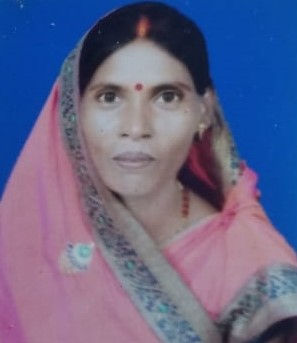
20 year experience in Child Protection Programme and women-related issues and working for their empowerment and rights
While emphasizing on “The Vulnerables” in the most underdeveloped parts of Jharkhand – VEDIC Society acts as a catalyst intends to include all deprived & disadvantaged population in its pool of beneficiaries with a specific emphasis on the backward classes and especially the tribal. Thus its population of beneficiaries includes the following but not limited to:
In VEDIC Society, the human resources are considered the most valued assets for the organization. It has a dedicated team of around sixty social workers. This team is led by Secretary of the organization. Lest, there is a host of specialists and consultants who provide periodic support to the organization to spearhead the initiatives, the organization has a very well managed campus of its own at Latehar town and Tumbagara in Palamu districts . Within this campus, there is an office building along with a training centre with all facilities and amenities for training and accommodation. The office is fully equipped with WiFi computers, Laptop ,telephone, fax machine, photocopier machine, generator and other office furniture. A fleet of motor cycles, and Two Jeeps is there to ease the job of field staff and to undertake periodic monitoring of work at field level.
To spearhead the initiatives, the organization has a very well managed campus of its own at Latehar town and Tumbagara in Palamu districts . Within this campus, there is an office building along with a training center with all facilities and amenities for training and accommodation. The office is fully equipped with WiFi computers, Laptop ,telephone, fax machine, photocopier machine, generator and other office furniture. A fleet of motor cycles, and Two Jeeps is there to ease the job of field staff and to undertake periodic monitoring of work at field level.
The organization is managed on behalf of the Executive Committee by the Secretary as Chief Functionary. The Executive Committee consists of seven members and headed by the President. This committee is responsible for legal actions and policy making at the apex level.
All the decisions are being taken on the basis of general consensus and in accordance with the vision and mission of the organization. The committee also extends its active support to the Secretary in addressing the programmatic and administrative issues. At the operational level, all the planning and decisions are being made on the basis of participatory action.
The organization has three wings i.e. The Programme, the Administration and the Finance. These three wings run with close coordination under the guidance of the Secretary. The programmes / projects arebeing managed by the respective Project Coordinators and there are Accountant and Office Assistant in the Administrative wing.
Financial related matters are being managed by Secretary, Treasurer and President. Transparency and cooperation are the core essence of the management of the VEDIC Society.
